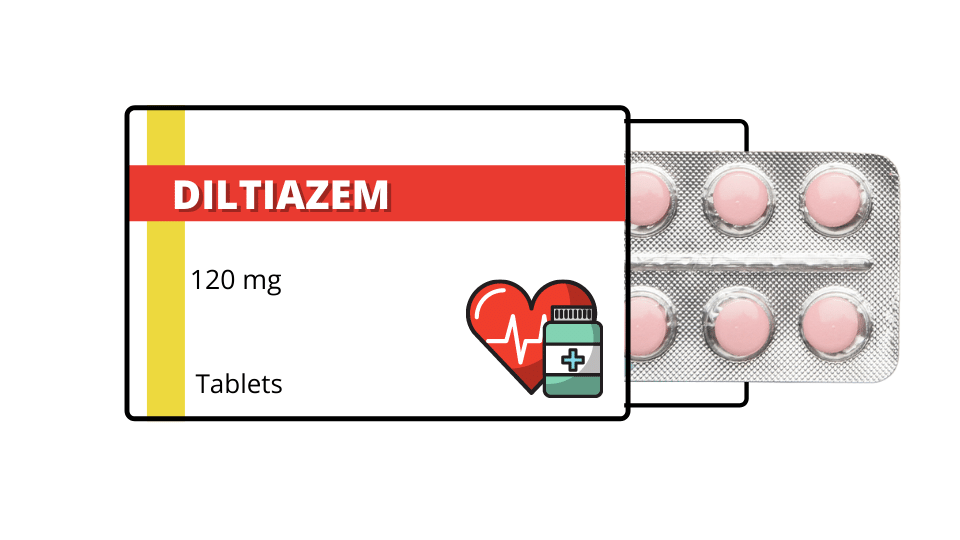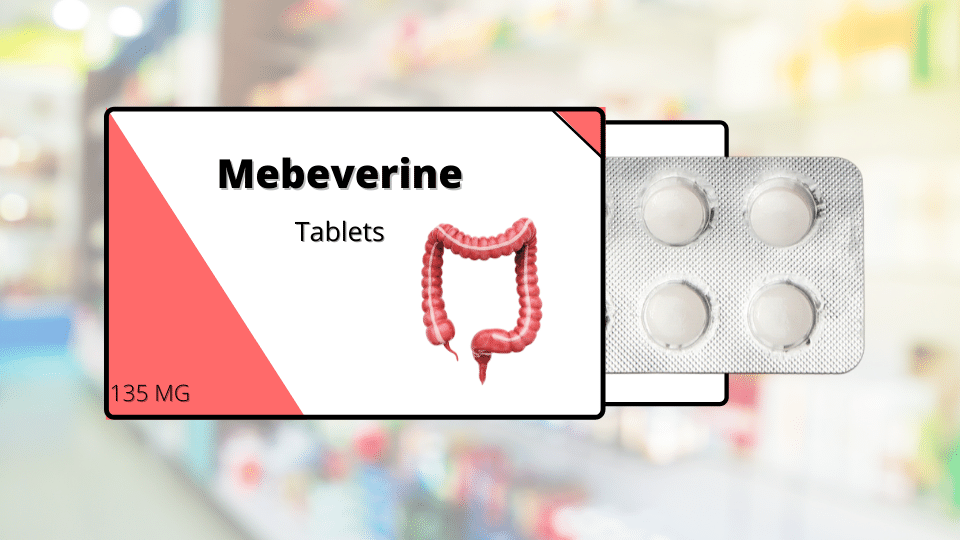Keppra (Levetiracetam) is a drug used for treating certain forms of epilepsy as it decreases the likelihood of seizures that occur as a result of abnormal nerve impulses in the brain.
Keppra chemically differs from other anti-epileptic medications, and the exact mechanism of preventing seizure activity by Keppra is not completely understood. It also produces fewer side effects in comparison with other anti-epileptic drugs, (most commonly drowsiness, dizziness, headache, fatigue and mood changes).
Keppra is a prescription medicine and is available as oral solutions and tablets.
Keppra (levetiracetam) is used for the treatment of:
The drug might be used alone or in combination with other available anti-epileptic medications. A significant advantage of Keppra is that it doesn’t interact with other anti-epileptic drugs. Due to this advantage prescribing the drug is becoming increasingly common.
Keppra (levetiracetam) is available as:
For tablets and oral solutions:
Can I stop taking the drug if I feel better?
Do not stop taking Keppra without your doctors’ awareness. As with all medications used to treat epilepsy, if you stop Keppra abruptly without medical instruction it could cause an epileptic seizure.
What should I do If I missed a dose?
Take the missed dose as soon as you remember, but if you are supposed your next dose within 4 hours, take one dose now and skip the next dose.
Be sure to tell your doctor if:
Pregnancy and breastfeeding:
Keppra’s safety during pregnancy isn’t established, it’s ideal to discuss with your doctor before using it. If your doctor prescribed Keppra for you during pregnancy, the dose should be carefully monitored even after birth. Monitoring fetal growth is also recommended.
Keppra also has unestablished safety during breastfeeding, the drug is capable of passing into the milk. Breastfeeding is not recommended while using the drug.
Can I drive and do hazardous work while I’m using Keppra?
Keppra causes drowsiness in some people. it’s best to avoid those activities until you have learned how the drug affects you.
Can I drink alcohol while using Keppra?
Alcohol may worsen the drowsiness caused by Keppra; It’s recommended to avoid drinking alcohol while taking this medication.
The drug is not suitable for those individuals who are hypersensitive to Keppra (levetiracetam).
The safety of Keppra is not established in children who are 4 years old or younger. Dose reduction is absolutely necessary to avoid harm If Keppra is prescribed for children.
The most common side effects are:
If you are having suicidal thoughts, you should immediately stop taking the medicine and contact your doctor as soon as possible. It’s also recommended to consult your doctor in the case of developing depression as a side effect. Drowsiness usually disappears with continued use of the drug.
Certain drugs like mefloquine and antidepressant drugs (such as tricyclics, MAOIs, and SSRIs) might decrease the anti-epileptic activity of levetiracetam. Using them together is contraindicated.
To the present day, no Food-Keppra interaction is known.
1. Kizior, R.J. and Hodgson, B.B. (2018). Saunders nursing drug handbook 2019. Philadelphia: Saunders.
2. British Medical Association (2015). British Medical Association new guide to medicine & drugs. London: Dorling Kindersley.
3. Joint formulary committee, BNF 80 (The British National Formulary), 80th Revised edition, Pharmaceutical Press, London, United Kingdom, [2020]
4. Baker, E., Burrage, D., Hitchings, A. and Dagan Lonsdale (2019). The top 100 drugs: clinical pharmacology and practical prescribing. 2nd ed. Amsterdam: Elsevier
5. Carol Mattson Porth et al., Essentials of Pathophysiology Concepts of Altered Health States, Third edition, Philadelphia, Pennsylvania, United States, Wolters Kluwer Health, [2011]
6. Bertam G. Katzung et al., Katzung and Trevor's pharmacology, 12th edition, United States of AmericaMcGraw Hill Education, [2019]
Diltiazem is a prescription medicine that’s used to treat high blood pressure, angina (chest pain) and several other conditions.

Mebeverine hydrochloride is an antispasmodic drug, it is used to relief intestinal crumps and bloating

The urethra is a muscular canal that extends from the neck of the bladder to the exterior of body. Read more about the anatomy of urethra in this article.

Dosage guide of Lisinopril: Click to read about the dose for your specific condition and age group.

Learn about medical uses, safety profile, mechanisms and interactions of statins.

Comprehensive guide on Ozempic (semaglutide), including its uses, dosage, side effects, warnings, and interactions.
.png)